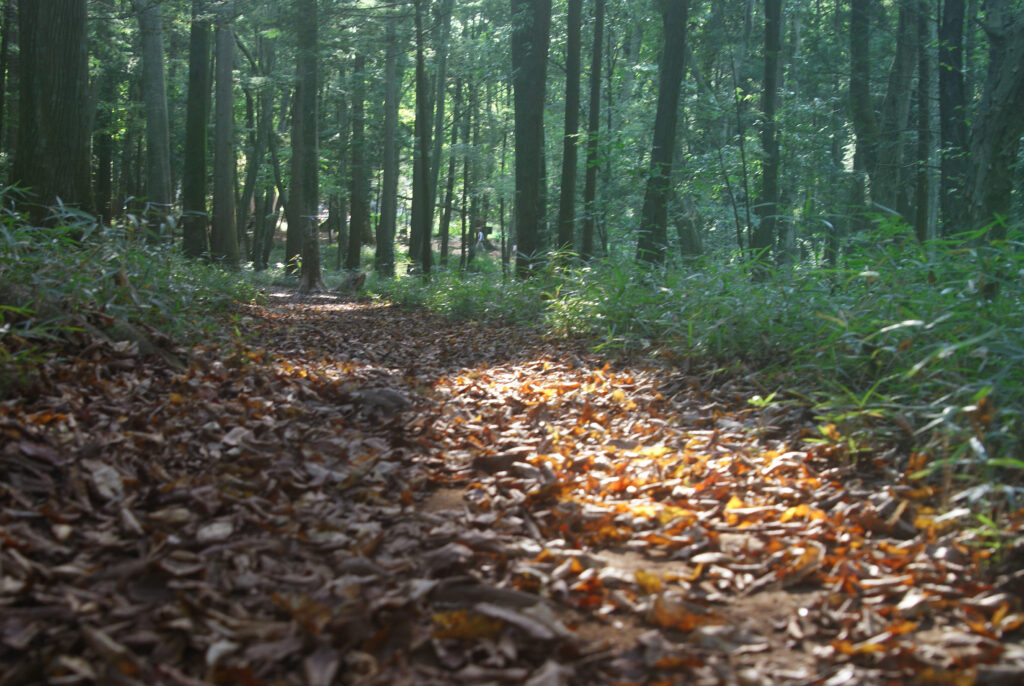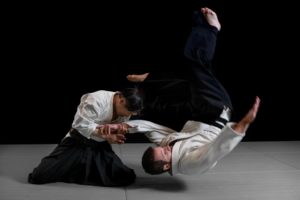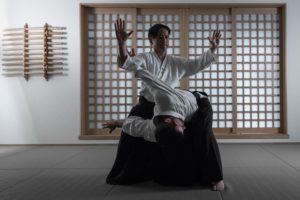The Road called “Budo”
With the lifting of the state of emergency by the Japanese government, we will normalize the practice of the Setagaya Branch which has been partially suspended while thoroughly implementing measures against infectious diseases.
It’s been almost 35 years since I stepped into the world of Budo. Although I’m still a kid in this world, I couldn’t imagine 35 years ago where I am now. I have been completely fascinated by Budo.
In the movie “Every Day A Good Day” * set in the tea ceremony that I watched the other day, the following passage remained in my mind.
– There are two types of things in the world: “things that you can understand immediately” and “things that you can not understand immediately”. “What you can understand immediately” is enough once you pass by. However, “things that you can not understand immediately” gradually become apparent later and change to “other things” as you go back and forth several times. And every time you find them out, you realize that you were seeing only a small piece of the whole thing. –
The road called Budo that I am walking on is exactly this repetition. Even in this era which is full of “what you can understand immediately”, you can never express “what you can not understand immediately” with “what you can understand immediately”.
The ancestors will illuminate this long road, and the master (“shisho” or “sensei” in Japanese) will point to the destination. I have really been blessed with masters. However, after all, we have to be alone in walking. And while this road seems to go back to the past, it will lead to the future.
If years and decades to pass and I can point to and illuminate the road to those who will come later, it will be more than happy for me.
Hideto Usuyama
Vice Headquarters Director and Setagaya Branch Chief
Daito-ryu Aikijujutsu
*Japanese movie released in 2018. The original story is Noriko Morishita’s “Every Day a Good Day: Fifteen Lessons I Learned about Happiness from Japanese Tea Culture”.



